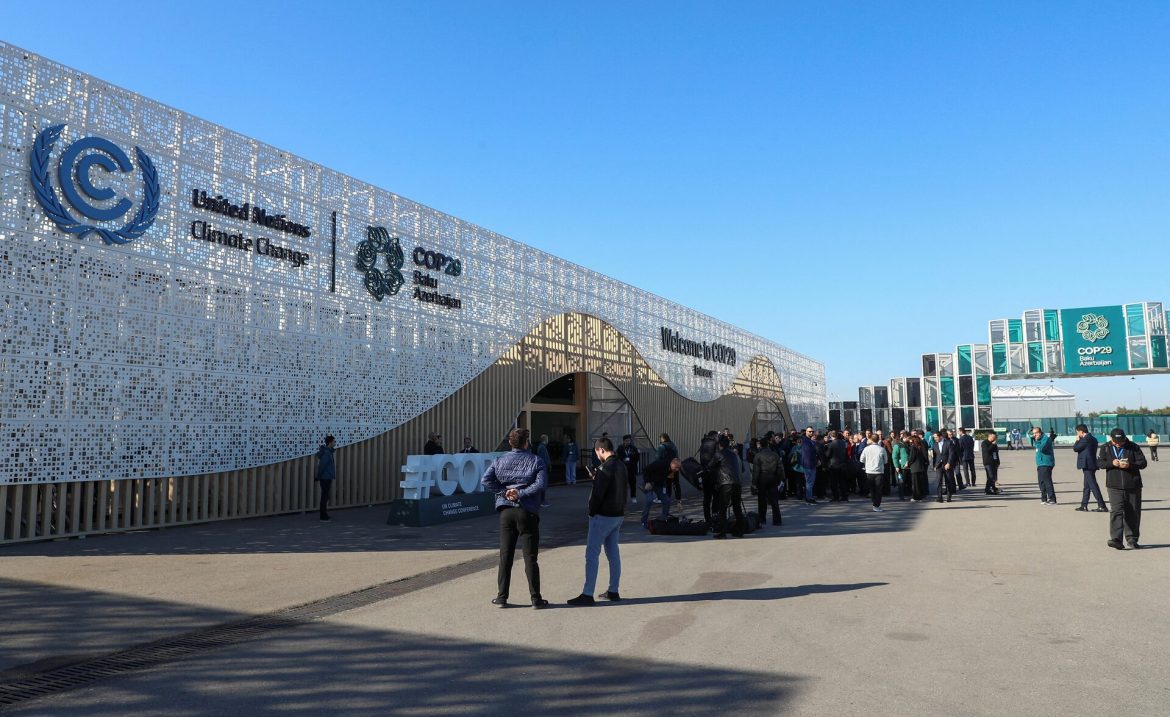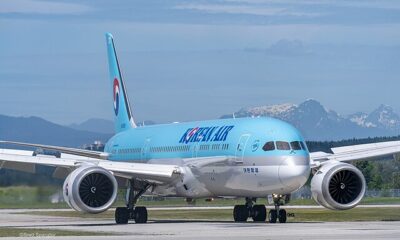Aviation
Contrail avoidance offers solution to climate-harming flights, experts say

Adjusting the paths of flights prone to condensation trails (contrails) could halve contrail warming by 2040, according to a recent study.
Contrails – the white lines that follow planes in the sky – become harmful when aircraft emit gas and water vapour while flying through cold and humid areas. Experts estimate that contrails impact the climate as much as the aviation industry’s CO2 emissions. Recent research also suggests that modern airliners could cause more contrail harm than older aircraft.

What is contrail avoidance?
Changing the climbs and descents of harmful flights is known as contrail avoidance. Such tweaks could significantly reduce climate damage, found a report published today (Nov. 14) by advocacy group Transport & Environment (T&E).
T&E estimates that these contrail avoidance techniques lessen contrail warming by 80% with under 5% extra fuel burn. Contrail avoidance could cost under 4€ per ticket for a flight from Paris to New York, or 1.20€ from Barcelona to Berlin.
In a statement, T&E’s Aviation Technical Manager Carlos Lopez de la Osa said:
There are very few climate solutions that can be implemented so quickly, at so little cost and with little impact to industry and consumers. But this can only happen if we include contrail mitigation in our climate targets and adopt groundbreaking policies to monitor, avoid contrails and mandate solutions. We can and must make our skies free of warming contrails in the next 10 years, for the sake of the planet. Policy makers and the industry cannot afford to lose the climate opportunity of this decade.
With harmful aviation emissions on the agenda at this week’s COP29 conference in Azerbaijan, contrail avoidance could provide an alternative to carbon capture and storage (DACCS) or solar and wind power generation.
Did you know how harmful contrails were to the environment? Let us know in the comments below!






























